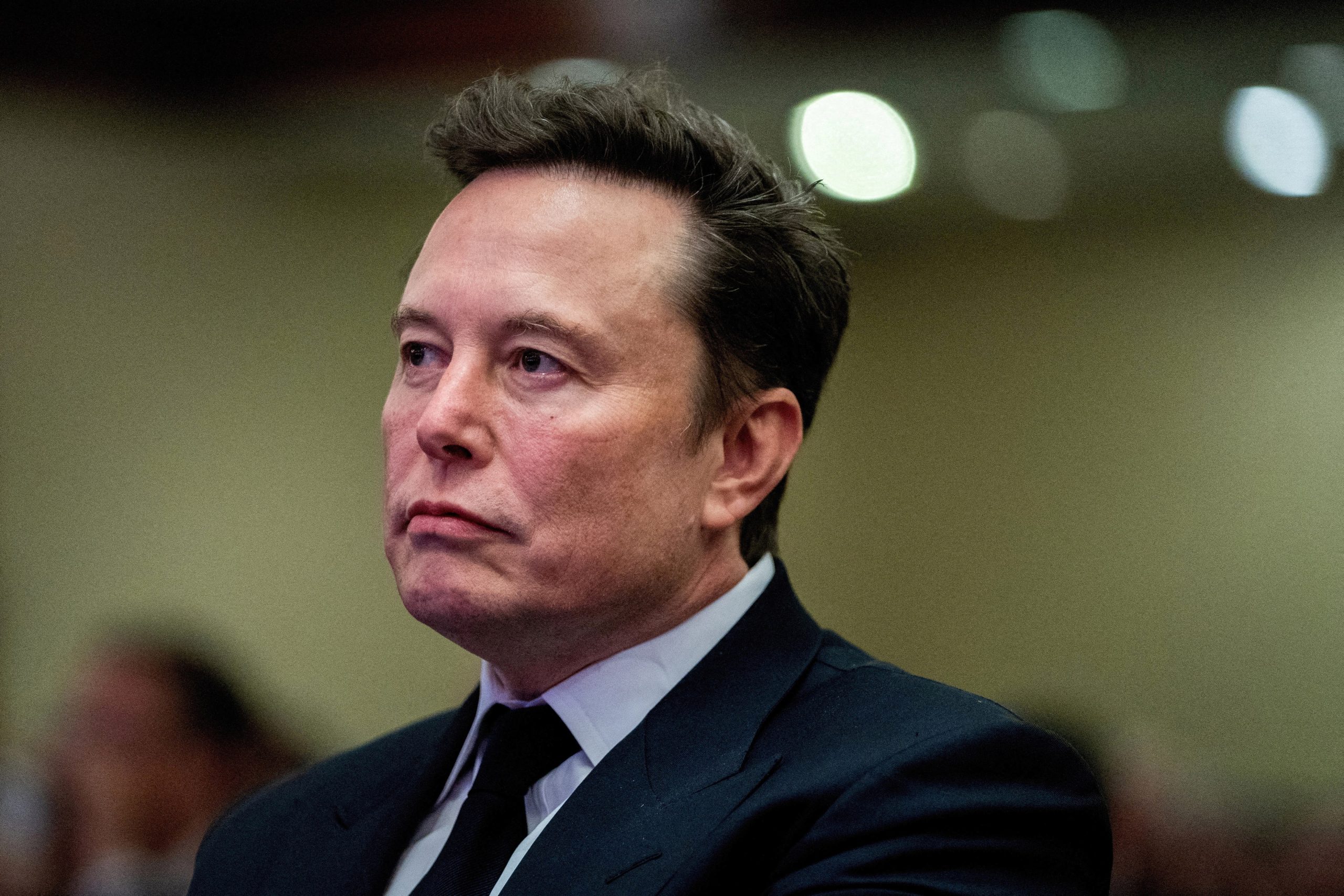SEC Sues Elon Musk over Late Twitter Share Acquisition Report
As the end of the Biden administration nears, a significant event takes place – Elon Musk has been sued by the US Securities and Exchange Commission (SEC). Seemingly clear-cut, the issue revolves around a specific statute, but the timing of the lawsuit adds another degree of complexity to the unfolding situation. Highlighted in the SET’s complaint is Musk’s acquisition of Twitter shares in early 2022. According to the SEC’s filings, Musk didn’t properly inform the regulatory body about acquiring more than a 5 percent stake in Twitter within the mandated 10-day period. If proven, this delay would represent a breach of federal securities laws.
The SEC contends that due to this delayed notification, Musk continued to reap benefits by buying additional shares at prices lower than they should have been. This alleged violation allowed an underpayment of at least $150 million for the shares Musk acquired after the reporting deadline had passed. Now, the SEC is seeking to bring this matter before a jury. On the surface, this seems a straightforward case of a plain violation of an inflexible SEC rule, according to James Park, a professor specializing in securities regulation and corporate law at the UCLA School of Law.
The case fundamentally revolves around whether Musk filed the appropriate paperwork within the stipulated 10-day period or not. The SEC alleges that Musk did not comply with this rule. According to the SEC, Musk neglected to publicly report his ownership till April 4, even though he had crossed the 5% ownership threshold by March 14. However, what makes this case interesting is that it took nearly three years for the SEC to file the complaint, prompting David Rosenfeld, former cohead of the SEC’s New York enforcement office and now a professor at the Northern Illinois University College of Law, to question the timing of their action.
The upcoming executive branch transition, which is imminent in less than a week, seems to favor Musk as it heralds a potentially more relaxed regulatory environment. The present SEC chair, Gary Gensler, is expected to be succeeded by a nominee who is generally perceived as favoring lenient regulatory measures. The lawsuit’s filing, curiously timed just as the new government is about to be sworn in, is the culmination of an investigation that has been unfolding over the past several years.
Securing Musk’s testimony in the ongoing investigation necessitated the use of a subpoena by the agency. Even then, Musk managed to evade them, first by canceling just two days before his planned deposition, and then a second time when he decided to prioritise a SpaceX launch over his rescheduled testimony. Despite SEC lawyers adjusting plans to meet him, Musk stood them up once more. This account makes it evident that the major delay in the case moving forward is due to Musk’s ability to delay the process.
Adam Pritchard, coauthor of ‘Securities Regulation: Cases and Analysis’ and a professor at the University of Michigan Law School, asserts that it is not unprecedented for enforcement actions to proceed after an election and amidst a changing of the administrative guard. As the legal proceedings continue under the SEC’s jurisdiction, it’s unlikely that the incoming chair will offer a simple route to resolution.
Park doesn’t foresee a scenario where the new administration will discard the case entirely. There may be a possibility for the new administration to settle for a small amount, but that approach could be fraught with issues. Such a decision might imply favoritism, and send a message out that SEC regulations can be intentionally violated without any tangible repercussions
Pritchard argues that the probability of the case not leading to settlement is low, primarily because the allegations are clear-cut. ‘The Enforcement Division is hardly overstepping in this situation,’ he affirms. When viewing SEC cases historically, the majority invariably lead to settlements. But Musk’s apparent reluctance to tread down this path thus far may lead to a marked shift in course.
The first high-profile case for the SEC under the new administration might involve wrestling with one of the country’s most well-known billionaires. The importance of this case extends beyond the dispute itself, it may ultimately reflect upon the new administration’s handling of securities regulation and commitment to transparency in the financial sphere.
As the situation unfolds, the wider financial world observes with keen interest. The case carries significant implications for the SEC, its principles, and its enforcement procedures. More broadly, it represents a potential litmus test for how the new administration could treat deviations from established federal financial regulations.
In this scenario, the position held by the new administration towards similar cases will be significantly influenced by how this case progresses and concludes. Setting precedents is a significant aspect of such cases, as each decision can ripple through the financial world and influence future behavior within the industry.
A case of this magnitude, involving a renowned business magnate like Musk, will inevitably capture headlines and public attention. Its resolution or lack thereof will have deep implications for future regulatory actions, potentially setting a benchmark for high-profile securities regulation cases.
The intrigue surrounding Musk’s case transcends the person and the specific violations in question. It serves as a stark symbol of the high-stakes push and pull between corporate power and regulatory oversight, a narrative that continues to shape America’s corporate landscape.

